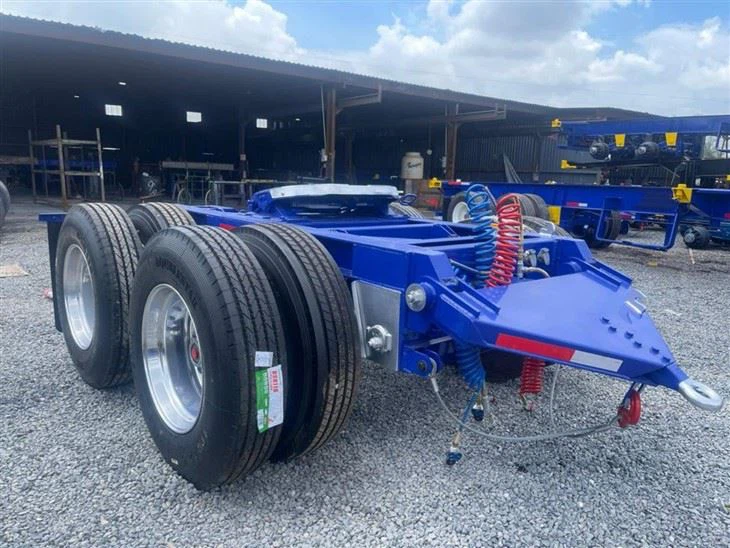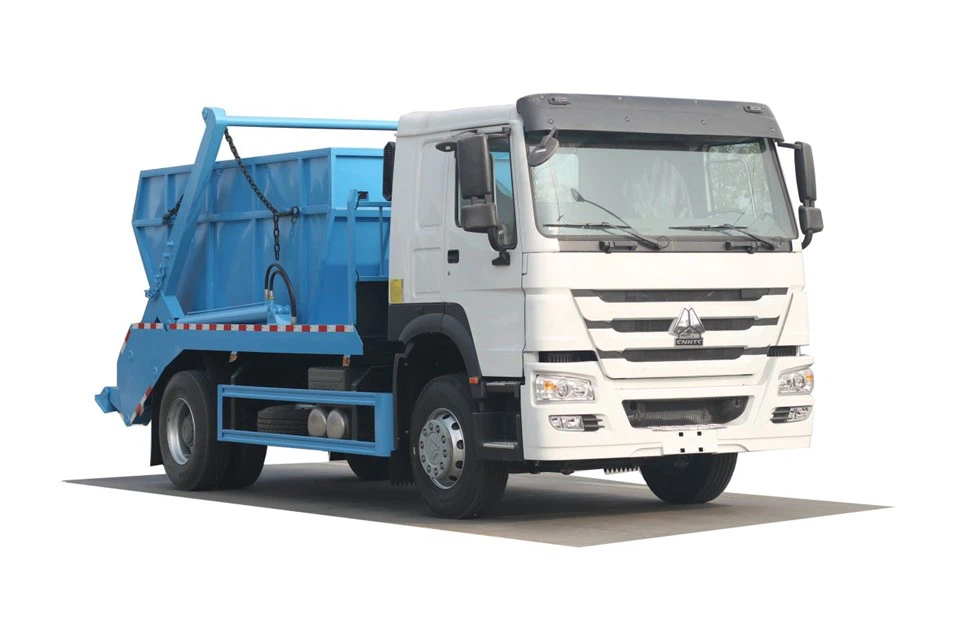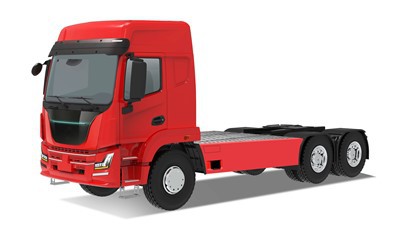Understanding Refrigerated Truck Prices: A Comprehensive Guide

Introduction
The demand for refrigerated trucks has seen a significant rise over the years, fueled by the growth of the food transportation industry and the need for temperature-sensitive goods delivery. Whether you’re a small business owner, a logistics manager, or someone interested in entering the market, understanding refrigerated truck prices is essential. In this article, we will explore what influences these prices, various types of refrigerated trucks available, how to choose the right one, and practical tips for making a smart investment.
Factors Influencing Refrigerated Truck Prices
1. Type of Refrigerated Truck
Refrigerated trucks come in various styles and sizes, each impacting the overall price. Here are a few common types:
- Box Trucks: These are the most common, featuring a closed body and used primarily for local deliveries.
- Transport Trailers: Larger vehicles designed for interstate and long-distance transportation.
- Vans: Smaller and more versatile, often used by small businesses or delivery services.
- Chilled Vans: These are specialized units designed for transporting fresh produce and other temperature-sensitive goods.
2. Refrigeration System
The type of refrigeration system installed plays a critical role in the price. Options vary from:
- Direct Drive Systems: Often come at a lower initial cost but may be less efficient.
- Van-mounted Systems: More expensive but provide better temperature control and efficiency.
3. Truck Size and Capacity
Larger trucks with greater load capacities typically come with a higher price tag. Capacity is often measured in cubic feet; the more room you need for storage, the more you will pay.

4. New vs. Used Trucks
Buying a new refrigerated truck will always cost more than purchasing a used one. However, the age and condition of used trucks can greatly affect their value, especially regarding maintenance history and mileage.
5. Manufacturer and Brand
The manufacturer also affects pricing. Renowned brands often charge a premium due to reliability and service availability. Some popular brands include:
- Freightliner
- Isuzu
- Hino
- Thermo King
6. Additional Features
Modern refrigerated trucks offer additional features such as GPS tracking, temperature monitoring systems, and more, influencing their prices. Depending on your operational needs, these extras can be worth the investment.
Average Prices for Refrigerated Trucks
| Type of Truck | Price Range (New) | Price Range (Used) |
|---|---|---|
| Box Truck | $25,000 – $60,000 | $15,000 – $40,000 |
| Transport Trailer | $40,000 – $100,000 | $20,000 – $70,000 |
| Vans | $25,000 – $55,000 | $10,000 – $30,000 |
| Chilled Vans | $30,000 – $70,000 | $15,000 – $45,000 |
How to Choose the Right Refrigerated Truck
1. Assess Your Business Needs
Understand what you will be transporting. The type of goods will determine the required temperature range and the suitable truck type.
2. Compare Pricing and Features
Take the time to compare different models and their features. Don’t settle for the first option; explore various brands and systems.
3. Assess Total Cost of Ownership
Consider fuel efficiency, maintenance, and other recurring costs in addition to the initial price. Some models may be pricier upfront but may offer savings over time.
4. Explore Financing Options
Look into options for financing if budget constraints are a concern. Many manufacturers offer deals that can help alleviate initial costs.
5. Read Reviews
Research user reviews and ask other business owners for recommendations. Real-world experiences can provide valuable insight.
Practical Tips for Buying Refrigerated Trucks
1. Conduct a Thorough Inspection

Before finalizing any purchase, conduct an inspection, especially for used trucks. Check the refrigeration unit’s performance and the truck’s general condition.
2. Verify Maintenance Records
Maintain a clear understanding of the truck’s service and maintenance history to ensure longevity and reliability.
3. Negotiate the Price
Don’t shy away from negotiating the price. Sellers may provide discounts for various reasons.
4. Look for Warranty Options
Ensure that the truck comes with a warranty, especially for new purchases, so you are covered in case of defects or malfunctions.
Cost-Saving Strategies for Purchasing Refrigerated Trucks
1. Consider Leasing Options
If outright purchase is not feasible, consider leasing a refrigerated truck. Leasing allows for lower upfront costs and the flexibility to upgrade periodically.
2. Buy During Off-Peak Seasons
Timing your purchase can help you secure better deals. Prices often dip during off-peak seasons when demand is lower.
3. Evaluate Used Markets
Explore reputable used markets. You can often find well-maintained trucks at a fraction of the new price.
Maintenance Costs to Consider
Understanding the maintenance costs associated with refrigerated trucks is essential for budget planning. Here are some common costs to expect:
- Regular Inspections: Confirm compliance with safety standards and performance.
- Refrigeration System Maintenance: Regular servicing ensures reliability and efficiency.
- Vehicle Repairs: Tire replacements, brakes, and engine repairs are common.
Future Trends in Refrigerated Transportation
1. Innovative Technologies
Smart technologies, such as temperature monitoring systems and GPS, are becoming more prevalent, making transport more efficient and reliable.
2. Electric Refrigerated Trucks
The rise of electric vehicles is influencing refrigerated transport, with more manufacturers exploring electric refrigeration systems that are eco-friendly.
3. Sustainability Practices
Focus on reducing the environmental impact of refrigerated transport, including the adoption of greener refrigerants and fuel-efficient vehicles.

Frequently Asked Questions (FAQs)
1. What is the average price of a refrigerated truck?
The average price for a new refrigerated truck ranges from $25,000 to $100,000, depending on the type and features. Used trucks can be significantly cheaper.
2. How do I finance a refrigerated truck?
Options for financing include loans, leasing agreements, and direct manufacturer financing. It’s essential to compare rates and terms to find the best deal.
3. What are the advantages of buying a used refrigerated truck?
Buying used can save significant upfront costs. Additionally, you can often find well-maintained models that still have considerable lifespan left.
4. What maintenance should I expect for a refrigerated truck?
Routine maintenance includes checks on the refrigeration unit, vehicle inspections, tire replacements, and general wear and tear repairs.
5. Can refrigerated trucks be used for non-food items?
Yes, refrigerated trucks can transport non-food temperature-sensitive products, including pharmaceuticals and certain chemicals.
6. Is there a warranty for refrigerated trucks?
Most new refrigerated trucks come with a manufacturer’s warranty. It’s essential to inquire about warranty options when buying used.
